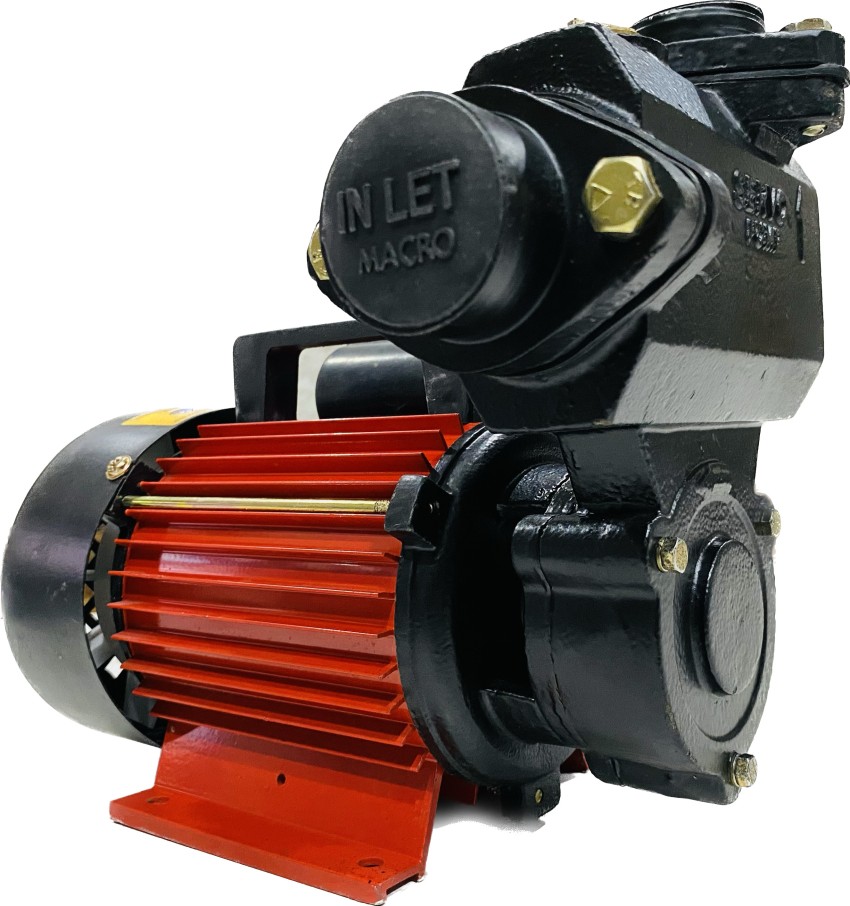Each day, it is important to examine your bearings. Record any unusualities including noise, bearing temperature or vibration.
Look for evidence of dirt (twigs, stones) in the suction line. Pay attention to the sound produced by the pump running – high-pitched clunking or popping indicates an issue with alignment and cavitation.
Essential Pump Care
If you notice that your water pump may be suffering from issues that suggest that it’s nearing the expiration date, like low water pressure, call a professional immediately. It could be as easy as a tripped circuit breaker or a tank with a low pressure. If you fix the issue immediately, it will help you save on costly replacements.
Regular checks of the water pump are required to identify potential damages or abnormalities. The pump should be flushed and cleaned during the inspections in order to remove any build-up of sand or sediment. The water pump must be inspected for cracks, rust and any other damage.
Wear and cavitation of bearings may create strange sounds or vibrations inside your water pump. This can affect the pump’s efficiency, cause energy loss and shorten its life span. Ignoring the signs could lead to further problems.
Maintenance Prevention
Pumps are essential in keeping the facilities operating however if not maintained properly the pumps could fail rapidly and become very expensive. Prevention of maintenance can cut down on the costs associated with emergencies, including overtime, shutdowns of machinery, the delivery of overnight components, and so on.
To ensure that your pump is operating effectively, it’s vital to conduct periodic inspections. These inspections are able to find a myriad of problems, like high-pitched sound (squealing) and the grinding of gravel inside the pump.
A great way to ensure that your pumps run at optimum efficiency is by implementing a comprehensive program of routine daily, weekly and monthly pump maintenance. Checks for visual inspections, oiling the check of differential pressure, and evaluation as well as shaft alignment are all part of your routine. Also, check for pits or grooves within these shaft bearings.
Tips to ensure long-lasting pumps
Preventive maintenance is the best option to reduce the risk of problems related to water pumps. One of the most important tasks is making sure there is air in the water tank as well as inspecting the impeller’s blades. Doing these things on a regular basis can ensure that water is flowing easily and will help avoid costly repair costs.
Place the pump in a safe place. To avoid damage to the interior caused by corrosion, it’s essential to flush the pump’s case. The pump can be stored in a dry atmosphere to lessen the chance of corrosion.
Additionally, it’s recommended to examine the water pump oil at least once a month. Clean oil helps to lubricate the rotating components and assists in lower friction, which can lead to wear and wear and tear.
Maintenance of Industrial Water Pumps
Pumps play an essential role in the operation of your company. It’s simple to overlook their importance. If a pump malfunctions and fails, it could have a major impact on the operation.
Maintaining a well-organized maintenance plan is crucial to ensure that you keep your equipment running at its best. You will avoid expensive repairs, production losses or unnecessary expenditures.
The inspection of your pump for leaks and proper lubrication, drive system wear, noise, vibration, as well as electrical connections is essential. When your pumps’ performance is not optimal, you’ll be able to determine this by monitoring operating parameters such as differential pressur, rpms, efficiency points, power requirements and voltage.
A proper maintenance routine should also involve draining the wet part and replacing the mechanical seal. It will also prevent corrosion, and keep the seals in good condition. You should consider storing your equipment on pallets or blocks to minimize vibrations caused by the floor and equipment. If you are forced to keep your equipment in the ground, make sure you cover it in a clean tarp and vent to avoid condensation.


Leave a Reply